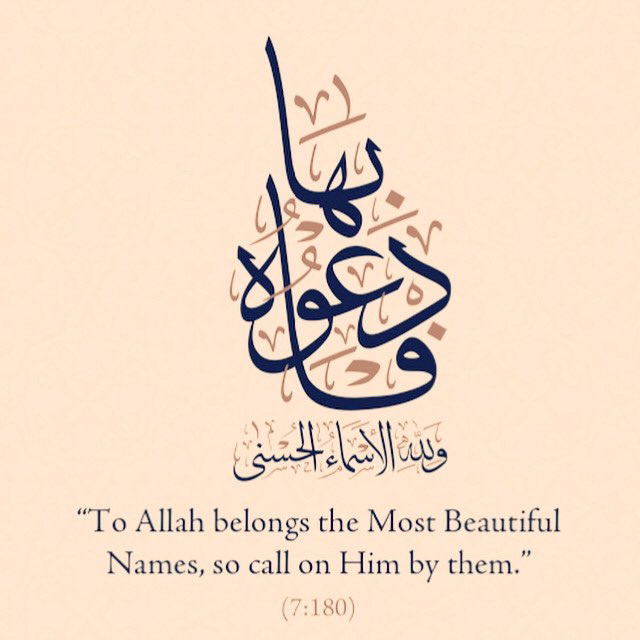What do فِي الدُّنْيَا حَسَنَةً and فِي الْآخِرَةِ حَسَنَةً imply?
We often read this dua after almost every namaz and especially during tawaf:
رَبَّنَا آتِنَا فِي الدُّنْيَا حَسَنَةً وَفِي الْآخِرَةِ حَسَنَةً وَقِنَا عَذَابَ النَّارِ
“O our Rabb, grant us good in this duniya and good in the akhirah, and save us from the punishment of the fire.”
[Surah alBaqarah]
But what do the phrases ‘hasanah in this duniya’ and ‘hasanah in akhirah’ imply?
Some people feel that good life in duniya means a luxurious life replete with all comforts and amenities. They even cite this ayat to contend that it is Allah who asks us to pray for a luxurious life, and hence it is justified to seek the comforts of duniya (i.e. fulfil their monetary aspirations and material pursuits).
Since the Qur'an is its best tafseer, let us ask the Qur’an what it means by فِي الدُّنْيَا حَسَنَةً
In Surah anNahl, Allah uses the exact same phrase for Ibraheemؑ, saying that he gave Ibraheemؑ فِي الدُّنْيَا حَسَنَةً
Ok, now let us run the life of Ibraheemؑ before our eyes. He was boycotted by his family, convicted and thrown into a fire and forced to emigrate. He did not become a father until old age, and even then, he was asked to leave his wife and newborn baby in a barren desert. And when that child became old enough to assist him in his mission, he was asked to sacrifice him! Not a luxurious life full of material comforts, eh?
Then why does Allah say that He granted Ibraheemؑ hasanah in this life? It can only mean that hasanah means something else. And from the life of Ibraheemؑ , it can only mean contentment of heart (qalbe saleem) and conviction of faith, and all that it entails.
So it is this فِي الدُّنْيَا حَسَنَةً that Allah wants us to ask for. Spiritual enlightenment and peace of heart, and not some luxurious Ife replete with material comforts.
This follows that فِي الْآخِرَةِ حَسَنَةً also should not refer to the material benefits of Jannah. Jannah is much more than its gardens and villas and its rivers and hooris.
When we read Surah alGhashiyah, Allah describes Jannah as a place where:
1. A person would find absolute happiness and joy.
2. He/she would finally heave a sigh of relief that God is pleased with him/her and that all his/her efforts have borne fruit.
3. There would be no vain talk, no lewd language, no swearing, no trolling. Just salamun salama.
4. One would enjoy the company of other Jannatis, which would include not only his past and future family members, but also the company of nabiyeen and siddiqeen and shuhada and saliheen; the company of Prophet Muhammad ﷺ above everyone else.
These are those blessings of Jannah that are impossible to attain in this duniya for even the richest of men. This is فِي الْآخِرَةِ حَسَنَةً
So now we know what we are actually asking for, right?
May Allah grant us all hasanah in this duniya and hasanah in the akhirah, and save us from the punishment of the fire. Ameen.
Dr. Parvez Mandviwala




Comments
Post a Comment